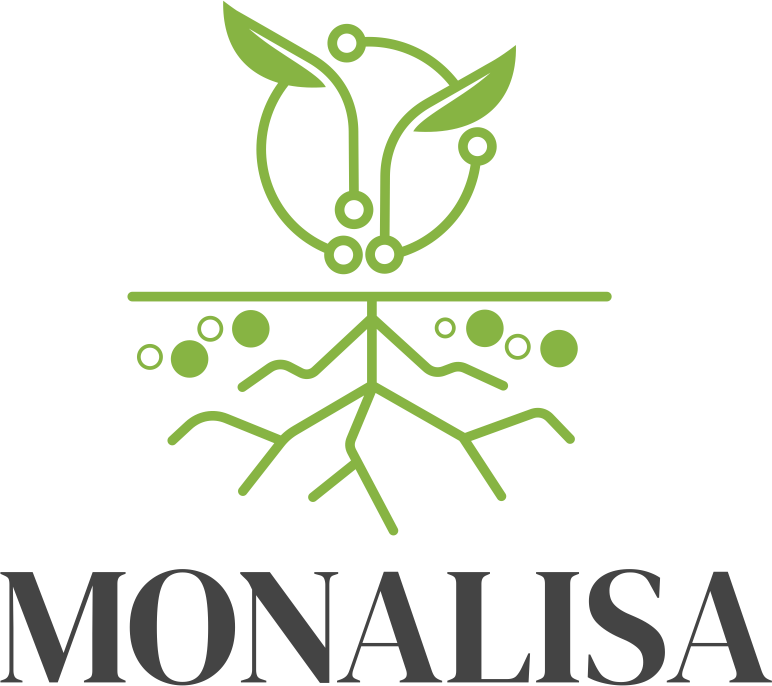Case Study Visit to Los Pedroches: Exploring Soil Health and Sustainable Agriculture
The case study visit to Los Pedroches, held from June 10-11, 2025, organized by ADROCHES and CREAF, gathered experts from various institutions to examine sustainable land management practices and regional development challenges through in-depth presentations, discussions, and field visits.
Day 1: Presentations and Discussions
The visit opened with a warm welcome from Manuel Torres, mayor of Dos Torres. The presentation on the Los Pedroches region by Aleix Antonell (Adroches), provided an overview of its environmental and agricultural significance. This was followed by an introduction to the I-CISK Project delivered by Ester Prat (CREAF), highlighting key research objectives and initiatives.
Participants then engaged with the Soil Sampling Protocol (D2.6), expertly presented by Antonio Pulina (UNISS) and Francesca Assennato (ISPRA). Vicenç Carabassa (CREAF) provided insights into the Initial Status of Soils (D2.7), outlining the current conditions and challenges facing the region’s soils.
A socio-economic approach discussion led by Emanuele Gosamo (UNISS) emphasized the importance of integrating social and economic factors into sustainable agricultural strategies.
The “Sanchothirst Project” was presented by María José Marqués (DNI), focusing on the effects of management practices.
Following this, Marcello Vitale (SAPIENZA) guided a collaborative presentation and discussion on the Conceptual Map of Los Pedroches, synthesizing environmental, social, and economic data to inform holistic regional planning.
The formal sessions concluded with an open discussion and wrap-up.
Day 2: Field Trip
The second day involved visits to key sites illustrating local agricultural and ecological practices:
- IFAPA Center in Hinojosa del Duque: Participants explored sandy, acidic soils within the Dehesa, silvopastoral system, gaining insights into research supporting sustainable land use in these unique ecosystems.
- Andrés Picón Farm: This farm features rotational livestock systems on sandy soils and innovative water conservation techniques, including specially designed clay cocoons that help retain moisture.
In the afternoon, the group visited olive tree study locations practicing bio-dynamic farming methods, highlighting sustainable and holistic approaches to crop management.
This visit offered a valuable platform for collaboration among researchers, practitioners, and stakeholders dedicated to advancing sustainable agriculture and soil management in Los Pedroches.
